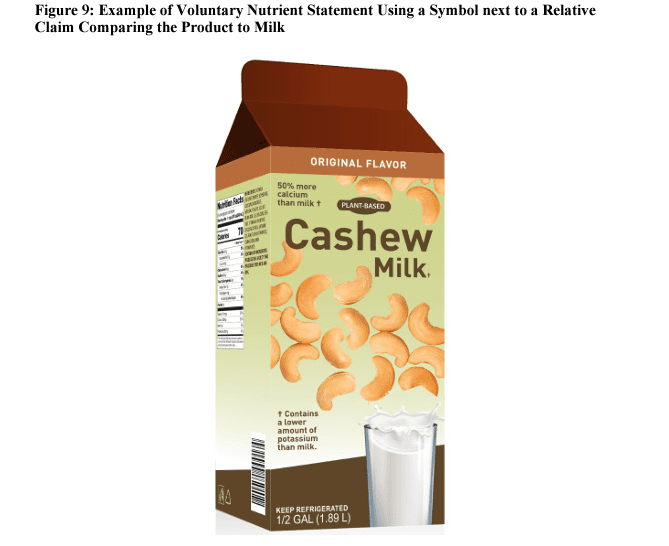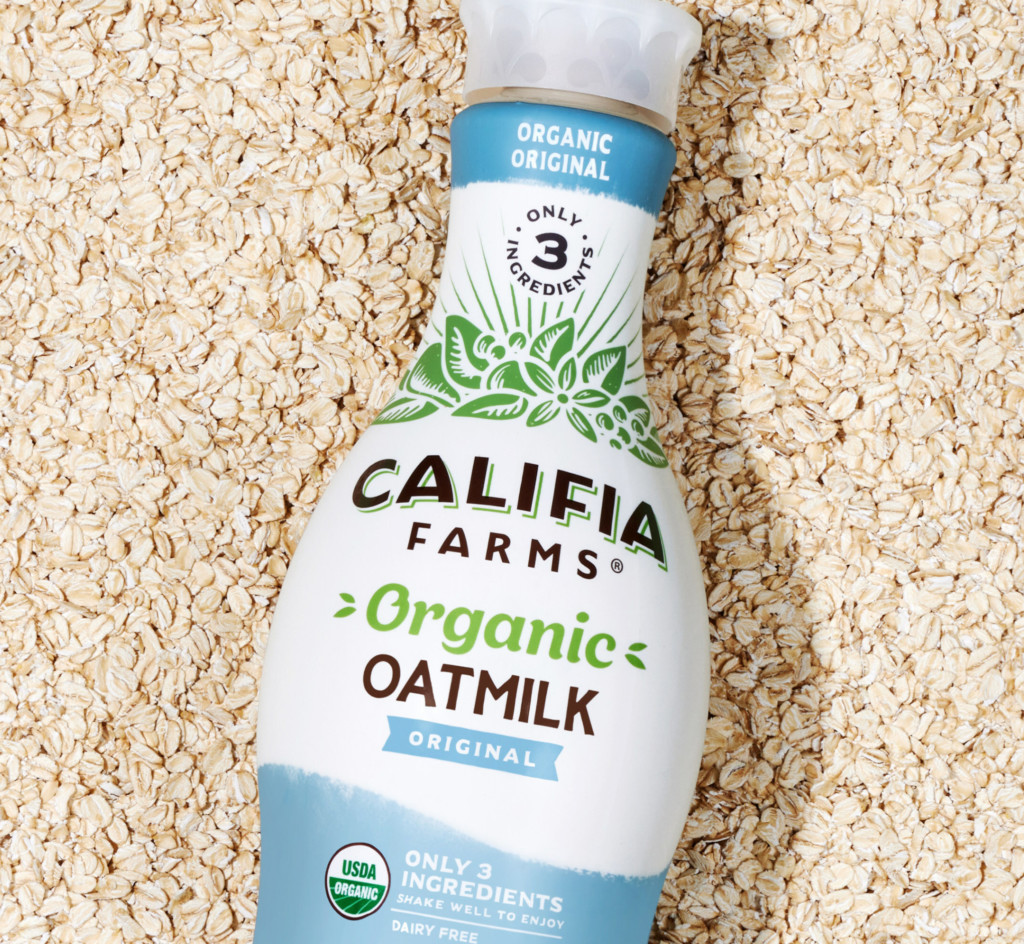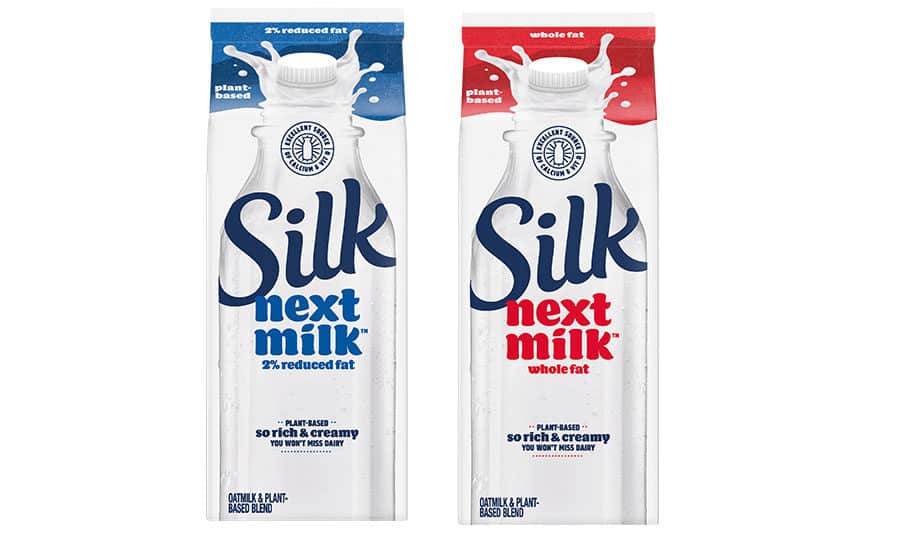Yesterday, the US Food and Drug Administration (FDA) released draft guidance on plant-based milk labelling.
The guidance, which is not legally binding, affirms that plant-based products can use the word “milk” on their packaging. The decision has been made based on FDA research which found that consumers are not confused by this usage, with most preferring the term “milk” over others such as “drink” or “beverage”.
However, the FDA notes that plant-based milks do not contain the same balance of nutrients as cows’ milk, and suggests that manufacturers should make this clear on packaging with statements such as “50% more calcium than milk” or “Contains a lower amount of potassium than milk”.
The document has already proven controversial; some commenters have welcomed the recognition that the word “milk” can be used on packaging, but others believe that the suggestion to include nutritional disclaimers imposes extra burdens on plant-based producers. Here, three industry experts give their views.

“Victory for common sense”
In Europe, the guidance has been favourably compared to the EU’s laws, which prohibit plant-based products from being labelled as “milk”.
“This is a victory for common sense and we hope that the EU will take note,” said Jasmijn de Boo, vice president of ProVeg International. “Everyone knows that oat milk, for example, is from oats and not from cows. Studies have shown that consumers are not confused. The FDA has taken the right approach and we hope this helps to bring an end to the restriction of plant-based labels in other parts of the world.”
Elena Walden, senior policy manager at the Good Food Institute Europe, agreed.
“The FDA should be applauded for dealing with this non-issue in a commonsense way,” she said. “Consumers, both in the United States and in Europe, are not buying plant-based dairy out of confusion – demand is growing because people want more sustainable options. The EU should take a look at this decision, reconsider its own outdated rules, and allow consumers to make informed choices.”

“Unfairly burdensome”
However, Rachel Dreskin — CEO of the Plant-Based Food Association — took a more nuanced view.
“We commend the FDA’s acknowledgement that consumers are affirmatively choosing plant-based milks because of their many benefits for human and planetary health,” she said. “However, we see many suggestions in this proposal that are unfairly burdensome to companies, and frankly, treat plant-based products differently than any other foods in the market. We look forward to sharing our feedback with the FDA in the coming weeks to ensure the best outcome for our members, for our industry, and for consumers looking for options that align with their needs and values.”
Positive development?
While the suggestion to include nutritional disclaimers may seem unfairly discriminatory, it should be remembered that the new guidance is non-binding and companies will not necessarily be required to comply. With many governments and animal agriculture lobbies worldwide attempting to increase restrictions on the labelling of plant-based products, the FDA’s “common sense” judgement that consumers will not be confused by terms such as “oat milk” could be viewed as a positive development.
However, since it is already compulsory to include information such as calcium content on food packaging, it should be questioned whether additional nutritional statements are really necessary. Either way, the guidance could potentially offer some protection to plant-based companies, preventing them from being subject to lawsuits for using dairy-like terminology. It also raises the possibility that similar guidance could be released for products such as meat alternatives, setting a precedent for clear labelling that could benefit consumers, companies, and the environment.





